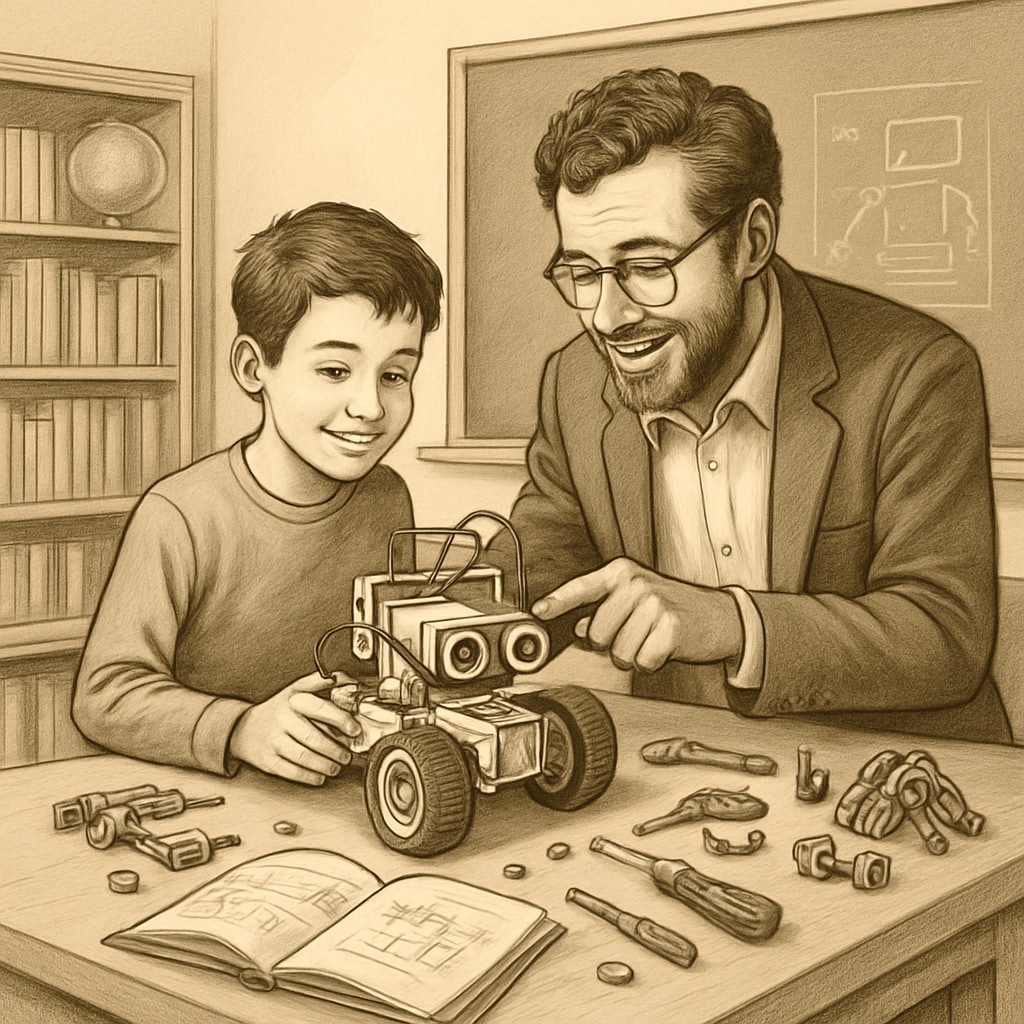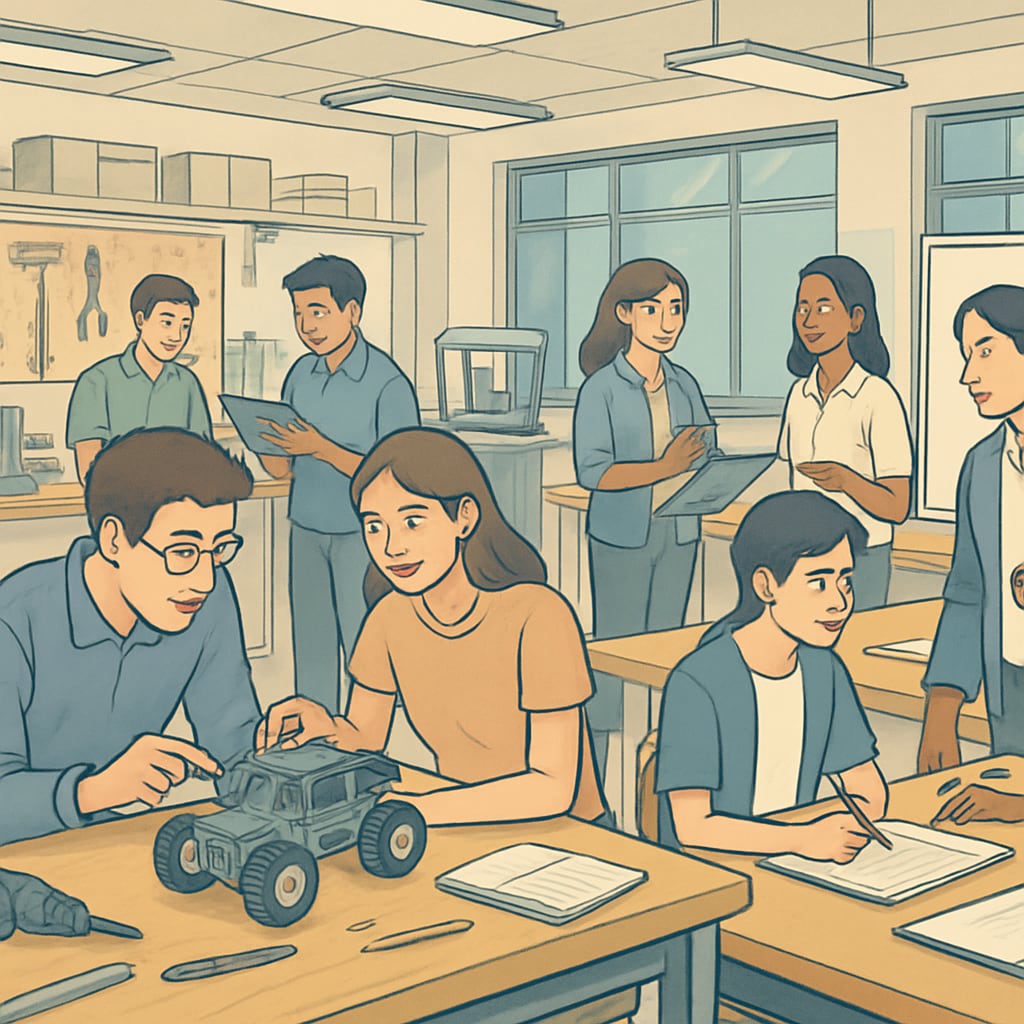As the STEAM (Science, Technology, Engineering, Arts, Mathematics) movement gains momentum, the idea of combining an education degree with an engineering degree is becoming increasingly appealing to students. For high school students passionate about arts and theater education, yet equally fascinated by robotics, electronics, and programming, the dual pursuit of these disciplines offers a rewarding and innovative career path. This article explores the feasibility and value of pursuing both degrees simultaneously, providing actionable guidance for those ready to embrace a multidisciplinary future.
Why Combine Education and Engineering Degrees?
Combining education and engineering degrees allows students to merge creativity with technical expertise. Education degrees focus on developing teaching methodologies, communication, and curriculum design, while engineering degrees emphasize problem-solving, analytical thinking, and technical skills. Together, these fields equip students to tackle complex challenges in STEAM education, inspire future generations, and contribute to technological innovation.
For example, professionals with expertise in both areas can design interactive learning experiences using robotics kits, create educational software, or lead STEM-focused workshops. Such interdisciplinary skills are increasingly in demand as schools and organizations prioritize hands-on learning and technology integration.

How to Pursue Dual Degrees in Education and Engineering
Pursuing dual degrees requires careful planning and dedication. Here are some practical steps to get started:
- Research Integrated Programs: Look for universities offering dual-degree programs or interdisciplinary studies that combine education and engineering. Many institutions now provide tailored options to accommodate students with diverse interests.
- Maximize High School Opportunities: Take advantage of AP courses, extracurricular activities, and competitions related to both fields. For example, participate in theater productions while joining robotics clubs to build foundational skills.
- Seek Scholarships and Grants: Financial support is often available for students pursuing STEAM careers. Research funding opportunities specific to dual-degree programs or interdisciplinary studies.
- Plan for Time Management: Balancing two demanding majors requires excellent organizational skills. Develop a study schedule and prioritize tasks to stay on track academically.
In addition, consider schools that encourage cross-departmental collaboration. Institutions embracing STEAM education are more likely to support unique combinations of disciplines, offering mentorship and resources for such endeavors.

The Career Benefits of Dual Expertise
Graduates with expertise in both education and engineering open doors to diverse career opportunities. Here are some potential paths:
- STEAM Educator: Lead classrooms or workshops focusing on robotics, programming, and technology while incorporating creative arts.
- Educational Technology Developer: Create software or hardware tools designed to enhance learning experiences in schools.
- Curriculum Designer: Develop STEM-focused educational materials integrating engineering principles and arts-based learning.
- Community Outreach Specialist: Promote STEAM education in underserved communities by designing accessible programs.
As a result, professionals with dual expertise are well-positioned to address the evolving needs of the educational and technological sectors. Their ability to bridge gaps between disciplines fosters innovation and inspires younger generations to explore STEAM fields.
Challenges and Solutions
While pursuing dual degrees is exciting, it also comes with challenges. The intensive workload, conflicting schedules, and financial costs can be daunting. However, these obstacles can be overcome with proper strategies:
- Time Management: Use planners or apps to organize tasks and deadlines effectively.
- Seek Support Networks: Connect with mentors, classmates, and faculty advisors for guidance and encouragement.
- Leverage Online Learning: Online courses can provide flexibility, allowing students to explore subjects at their own pace.
- Focus on Internships: Gain practical experience through internships that bridge education and engineering fields.
Additionally, maintaining a passion for both disciplines is essential. Staying motivated and envisioning the long-term benefits of dual expertise can help students navigate obstacles successfully.
Readability guidance: Use short paragraphs and lists to summarize key points. Incorporate active voice and transition words for smooth readability. Place images strategically to illustrate concepts and enhance engagement.


